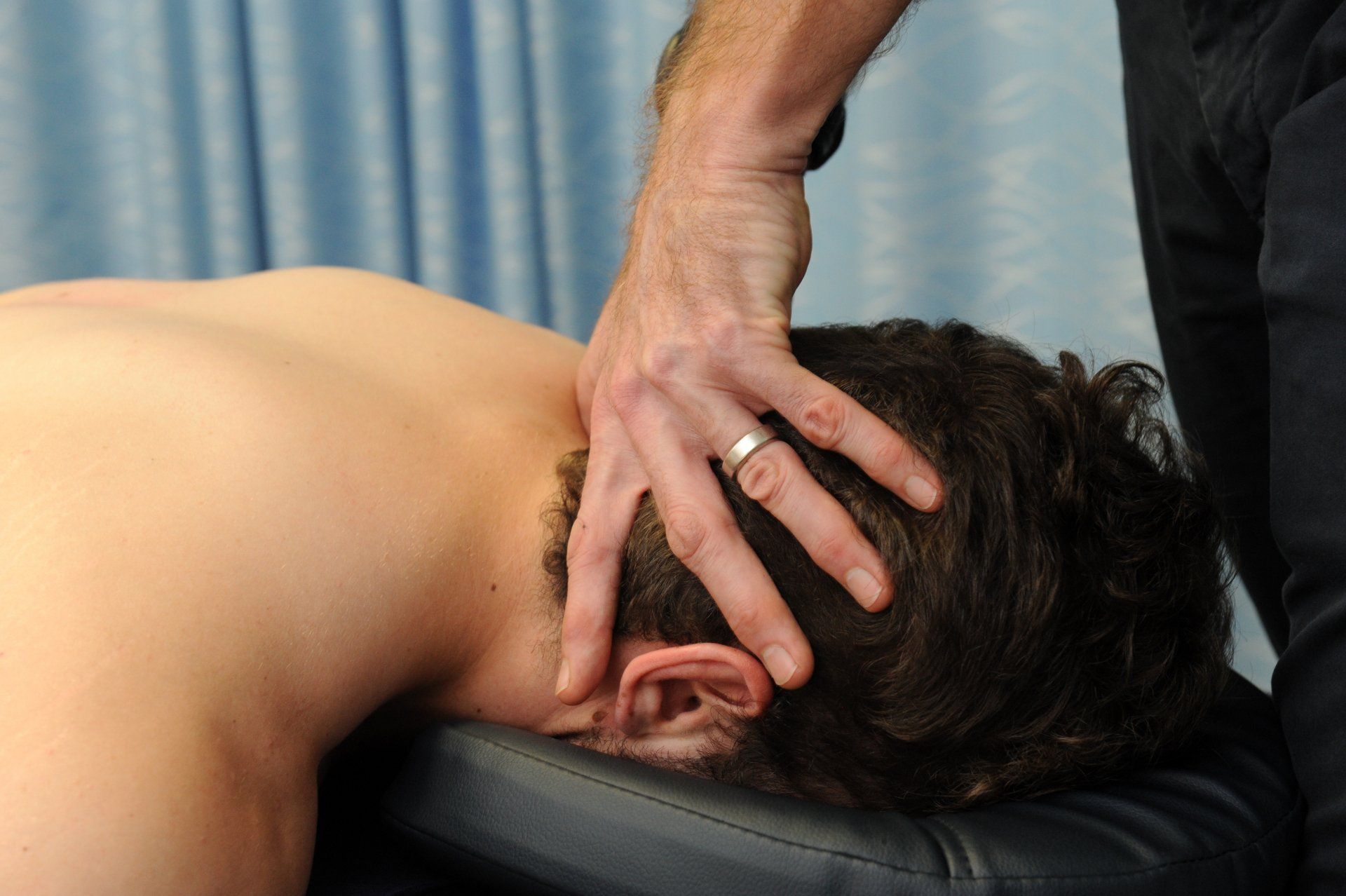NDIS - How a strengthening program can help you achieve your goals
What's your goal? Walking? Wheeling? Maybe even surfing!

The NDIS can be overwhelming. With so many providers and so many services, where do you start?
We’re going to unpack this for you, using a treatment focus approach that highlights the benefits of different
services that physiotherapists provide to people with disability.
Strengthening
Strengthening, or Strength and Conditioning (S&C) as it is commonly referred to now, covers a huge area of rehabilitation. While it might drum up images of bulging muscles and weightlifters, strength and conditioning offer’s a plethora of benefits and can be achieved in a wide range of ways. Yes, with a S&C program you are going to get stronger, but you will also improve your flexibility, joint health, balance, reflexes, and mood. Sounds like a good place to start!
S&C programs are one of the key services that physiotherapists provide. In fact, we offer it to EVERYONE. That’s how important it is. Where Physio’s differ from other providers is in our detailed knowledge of human anatomy and physiology AND how disease processes, pathology and disabilities can affect these.
Take muscles for example. They are super adaptable, right throughout our lives. When we use them, they stay healthy, strong, and functional, enabling us to do all the tasks we like to do – walking, sitting, standing, bending, dancing, running, lifting. But if we stop, even for short periods of time, they get weaker, reduce in size, and get tight. They decondition.
Muscle Deconditioning
Muscle deconditioning is an adaptive process – it is the muscles ADAPTING to their NEW ENVIRONMENT, in this case reduced activity. This might be the result of an illness, an operation, or a disease process. The result is reduced load capacity and reduced power generation. Once deconditioned, even doing simple tasks like sitting up in bed or eating a meal can become difficult, even painful, to do. The reduced exposure to activity often results in muscle tightness developing, further reducing activity and ultimately greater muscle deconditioning.
Functionally, deconditioning manifests as reduced capacity to live our daily lives and a loss of independence. These are frequent reasons for clients on the NDIS seeking physiotherapy treatment.
Muscle Conditioning
S&C programs must be tailored to the individual and be adaptable to the changing health needs of the NDIS client.
Take for example, a cancer patient who, during chemotherapy treatment has a fall and requires emergency hip surgery that results in a prolonged hospital inpatient stay. A physiotherapy led strengthening program in this situation would firstly involve understanding the individual’s current limitations and what their goals are. Perhaps they can only walk a few steps, are unable to ascend stairs, or cannot transfer to a toilet. A strength and conditioning program would be goal-oriented to improve these functional capacities through a progressive plan of targeted exercises.
The program might utilise a range of approaches. For example, hydrotherapy can be used initially to expose muscles to low loads and permit the client to walk with the buoyancy of water. This might be complimented with bed exercises, again getting muscles to work with or across gravity, with gradual progressions to more challenging positions.
Load Management
Load management (ie. how much) and exercise progressions (ie. what type) can be monitored against strength outcomes and functional capacity, and carefully balanced against the client’s other health conditions and needs. In time, the goal might be to transition to land-based exercises, then a gym program and dynamic functional strengthening.
Practically, this might allow the client to go shopping for basic groceries items, assist with household activities such as gardening and cooking, be independent moving around the house and feel confident, happy and capable again. For a severely deconditioned person, this process may take many months, but with careful planning and recognition of milestones, it can be a hugely rewarding process.
Why a Physiotherapist?
Physiotherapists have an excellent understanding of these processes and how muscles adapt in the presence of underlying disease. In the allied health field Physiotherapists are well positioned to assess, manage, and prescribe targeted rehabilitation programs to meet individual client needs and functional goals, working collaboratively with other health professionals to deliver patient-centred care.
Do you want to get more out of your NDIS funding?
Then give us a call.
Movement for Life Physiotherapy are the only QIP Accredited Physiotherapy services in the Northern Territory and an approved NDIS provider. We offer a broad range of services including manual therapy, massage, hydrotherapy, strength and conditioning, clinical pilates and functional rehabilitation, all delivered by a highly skilled team.








